Ultimate Programmatic SEO Guide 2024
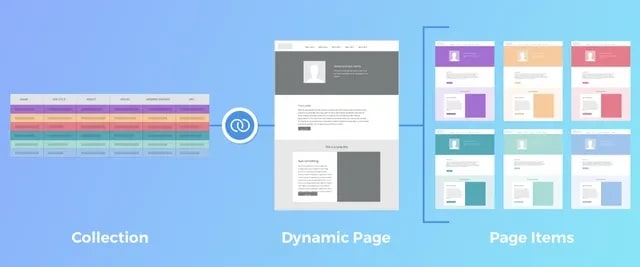
Programmatic SEO: The Ultimate Guide in 2023
A step-by-step guide on how to launch thousands of your own programmatic SEO pages

Writing a high-quality piece of content that ranks on Google is one of the best ways to market your company. Now imagine if you could publish 1,000 pieces of content in the same amount of time. With programmatic SEO, this is actually possible 🤯.
SEO is a well-worn path for growing your website’s traffic. While it takes time and effort, if you consistently publish high-quality articles over months, you will see results. The only problem is that writing hundreds of blog posts is expensive and time-consuming. You either need to write all this content yourself or pay an agency thousands per month.
Programmatic SEO is an underutilized tactic to circumvent this process and publish hundreds or thousands of SEO pages in days rather than months. Companies like Zillow, Zapier, and Tripadvisor have famously made this a cornerstone of their marketing efforts on the path to billion-dollar valuations.
If programmatic SEO is a totally new concept to you, don’t worry. This guide will share everything you need to know to get started with programmatic SEO and build your own programmatic SEO pages on any budget.
About this guide
This Programmatic SEO Ultimate Guide is broken up into two sections:
About Programmatic SEO (informational)
Step-by-Step Guide (tactical)
If you’re already familiar with programmatic SEO, you can skip straight to the second section to learn how to implement it yourself. In the first section, we explain exactly what programmatic SEO is, why it’s important, and give specific examples of how it’s worked in the past. In the second section, we dive into a step-by-step breakdown of how you can build thousands of pages with no-code tools. Mixed in are tips and insights from SEO expert Barrett O’Neill of Brightline Social.
Programmatic SEO is incredibly powerful when done right. By the end of this guide, you will have a specific process you can follow to create a thousand programmatic SEO pages within days. This previously took teams of engineers and designers months to build. With the no-code tools mentioned in this article, you can launch your first set of pages within hours.
About Programmatic SEO
What is programmatic SEO?
Defining SEO
Before getting into programmatic SEO, let’s quickly define “normal” SEO. Search engine optimization (SEO) is the process of updating your website to ensure that certain pages rank highly on Google. Typically, the process for SEO consists of writing blog content that will rank for specific keywords. As a meta example, this article is SEO optimized to try to show up when people search Google for the keyword “programmatic SEO” 😅.

https://www.semrush.com/blog/learn-seo/
Defining Programmatic SEO
Programmatic SEO is the process of automatically generating thousands of web pages with the same goal of ranking on Google. Unlike the traditional SEO process of creating content by hand, programmatic SEO leverages data and automation to instantly create pages. Try Googling “best things to do in New York” as a quick example. At the top of Google, you’ll find a page from Tripadvisor with the “15 Best Things to Do in NYC”.

If you search again for “best things to do in {city}” you’ll find Tripadvisor toward the top for almost any result. As you might expect, Tripadvisor didn’t hire someone to write a blog post for every city in the world. Instead, they leveraged programmatic SEO to create thousands of variations of a single template page automatically.

Why programmatic SEO matters
Why SEO is great
SEO is an extremely cost-effective way to acquire customers. Unlike paid ads, where your costs rise over time, an upfront SEO investment can help you indefinitely acquire new customers. While writing a blog post takes time, staying at the top of search results doesn’t require you to pay Google continually. This dynamic is why companies like Hubspot, Canva, Airtable, and more invest heavily in creating content and building SEO.
The problem with traditional SEO
The problem with traditional SEO is that it takes a ton of time and effort to work at scale. Writing a single high-quality blog post can take days or weeks. Producing a thousand high-quality blog posts can take months or years and requires a massive content marketing team. While the dynamics of SEO still typically make this positive ROI, it’s time-consuming and expensive to write content that ranks.
Why programmatic SEO is so powerful
Programmatic SEO allows you to bypass the laborious and time-consuming process of writing SEO content one page at a time. When done correctly, programmatic SEO enables you to build thousands of landing pages in days and start ranking for all of them. It’s one of the few ways to reach a massive marketing scale on a reasonable budget. As paid marketing costs continue to rise, programmatic SEO offers an efficient solution for those with the right creativity and know-how.
Why programmatic SEO works
Now I know what you may be thinking - programmatic SEO almost sounds too good to be true. But make no mistake, while this guide shows you how to do pSEO, it is by no means easy. Programmatic SEO works for very specific reasons. It’s helpful to understand these underlying dynamics to ensure you can be successful with programmatic SEO.
To understand why pSEO works, there are three key SEO concepts we need to introduce:
“Keyword difficulty”
“Keyword volume”
“Bottom of the funnel” (BOFU)
Defining keyword difficulty
Keywords on Google have what’s called a “keyword difficulty” score. The higher the score, the harder it is to rank for that keyword. In the example below, you can see the keyword difficulties for a few different terms. “Dog walker” and “dog walking” are very competitive keywords, whereas “dog walking jobs” is a little less competitive.

Defining keyword volume
Along with keyword difficulty, each term has “keyword volume.” This is the estimated number of people searching for that keyword monthly. While not always the case, keywords with higher volume tend to have greater keyword difficulty. Unsurprisingly, if more people search for a keyword, more companies will try to compete.

Defining bottom of the funnel (BOFU)
Finally, it’s essential to understand the concept of bottom-of-the-funnel content (BOFU). Most companies think of their online sales as a funnel that might look something like this:
1,000 people visit my site
100 click to a page
10 people sign-up for the product
Different types of content can be targeted toward people at different stages in the funnel. Top-of-the-funnel content is meant to increase awareness and visibility for your brand. Bottom-of-the-funnel content is focused on converting previously educated potential customers.

https://growfusely.com/blog/bottom-of-the-funnel-content/
Low keyword difficulty, BOFU content for programmatic SEO
Programmatic SEO works when you can target low-keyword difficulty words with bottom-of-the-funnel content. Essentially, you’re trying to find thousands of keywords with low competition that will lead to customers for your business. With programmatic SEO, any keyword might not bring you a ton of customers, but aggregating a thousand low-volume keywords adds up to something significant.
For example, Zapier famously created thousands of programmatic SEO pages for “connect {tool} with {tool}” keywords such as “Connect Salesforce and Trello.”

This is the perfect programmatic SEO use case for the reasons mentioned above. Only so many people are looking to connect each combination of tools, so keywords like “connect Salesforce and Trello” have low keyword difficulty. At the same time, if you add up all the thousands of potential combinations, it’s a ton of search volume in aggregate. Additionally, people searching for “connect {tool} and {tool}” are at the bottom of the funnel. They’re not looking for an informational guide. Instead, they’re looking for a product they can buy right now to solve their problem.
User experience is key.
Like all SEO, programmatic SEO is ultimately about providing a high-quality user experience that fulfills search intent. In other words, there is no tricking Google. The Zapier example worked because Zapier fulfilled the needs of people searching to connect two tools. For programmatic SEO to work for you, you’ll need to create well-designed landing pages that actually provide searchers with what they want.
Examples of successful programmatic SEO companies
As you get familiar with programmatic SEO, seeing a few examples of companies that have done it successfully is helpful. We previously mentioned Zapier and Tripadvisor, but below is a longer list of companies that have built large marketing engines with the technique.
Zapier - “{tool} + {tool} integrations
Resources
Building a Software Marketplace like GetApp using Programmatic SEO
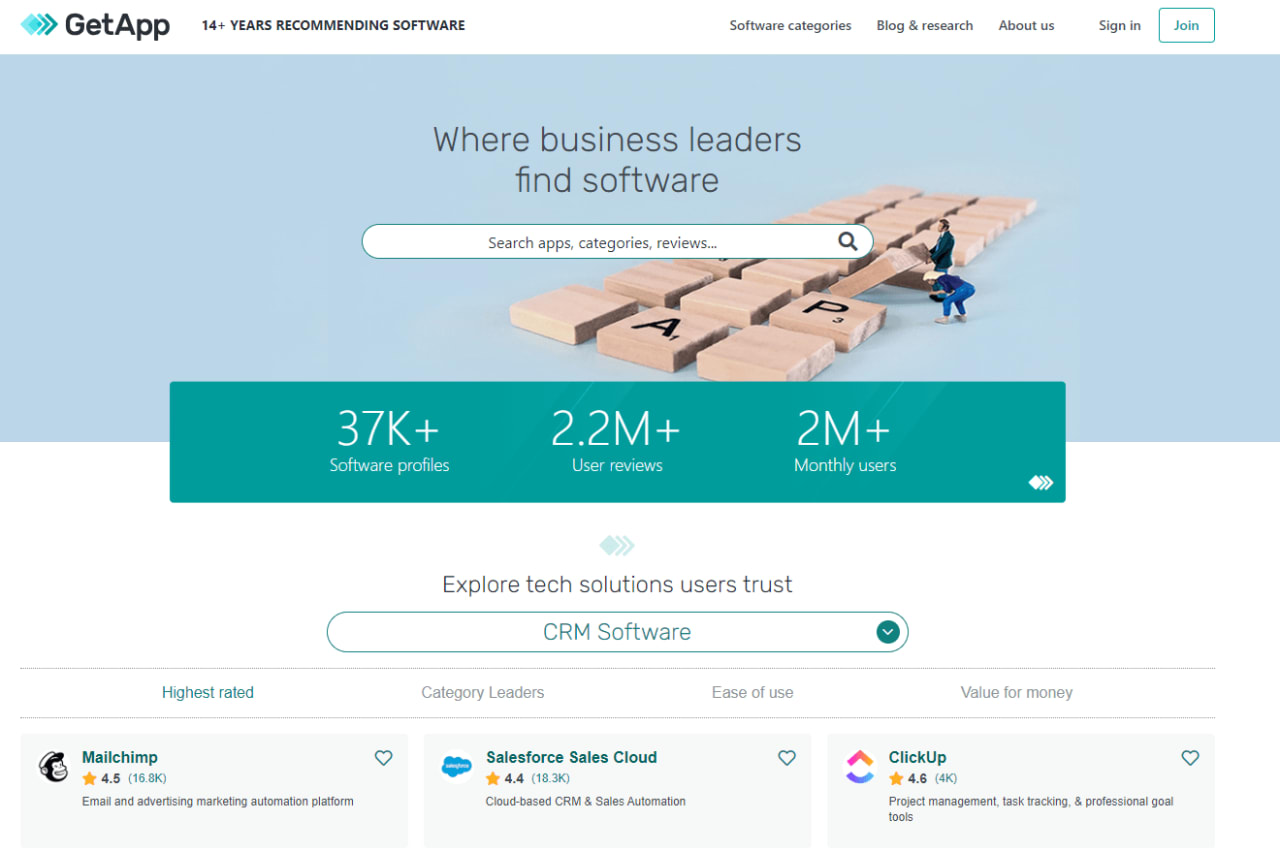
Programmatic SEO for Real Estate in 2024
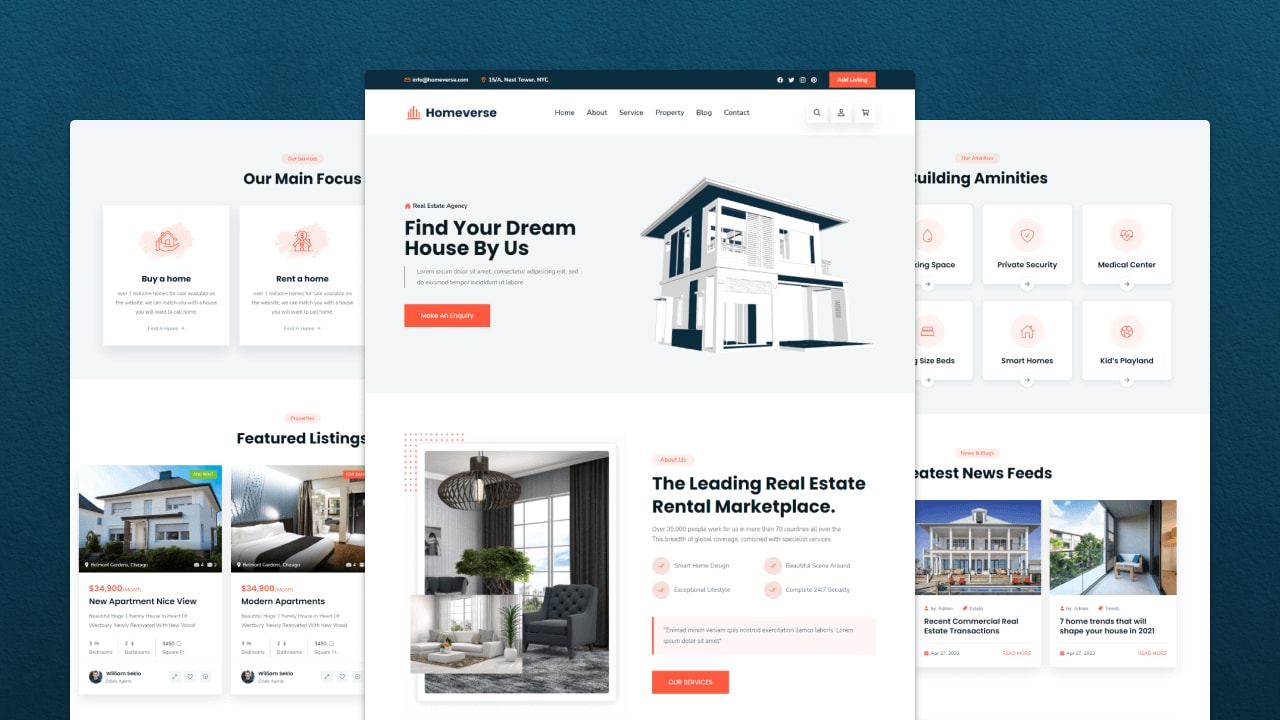
Launching Programmatic SEO website with Webflow CMS in 2024
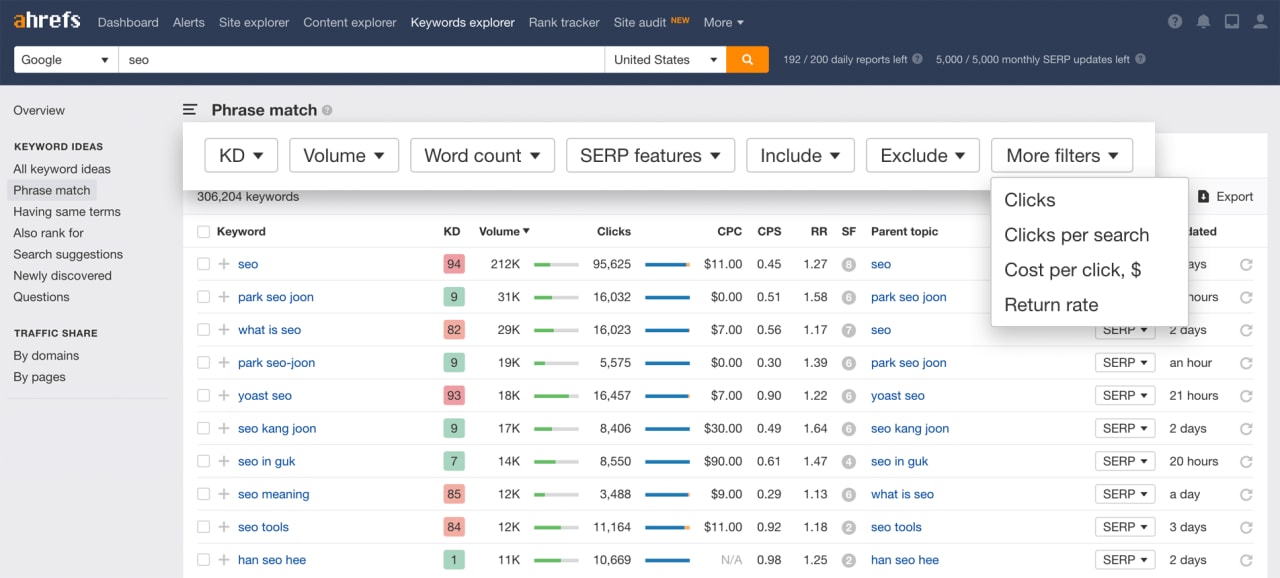
Top 100 Scraping Software for Programmatic SEO

How to do keyword research for Programmatic SEO?

Ultimate Programmatic SEO Course 2024

Best Programmatic SEO Generators 2024

Which Ecommerce Platform for Programmatic SEO?

Which CMS or Website Builder is best for Programmatic SEO?

How Getyourguide gets 3.1 Million Traffic pm (!) Programmatic SEO Case Study
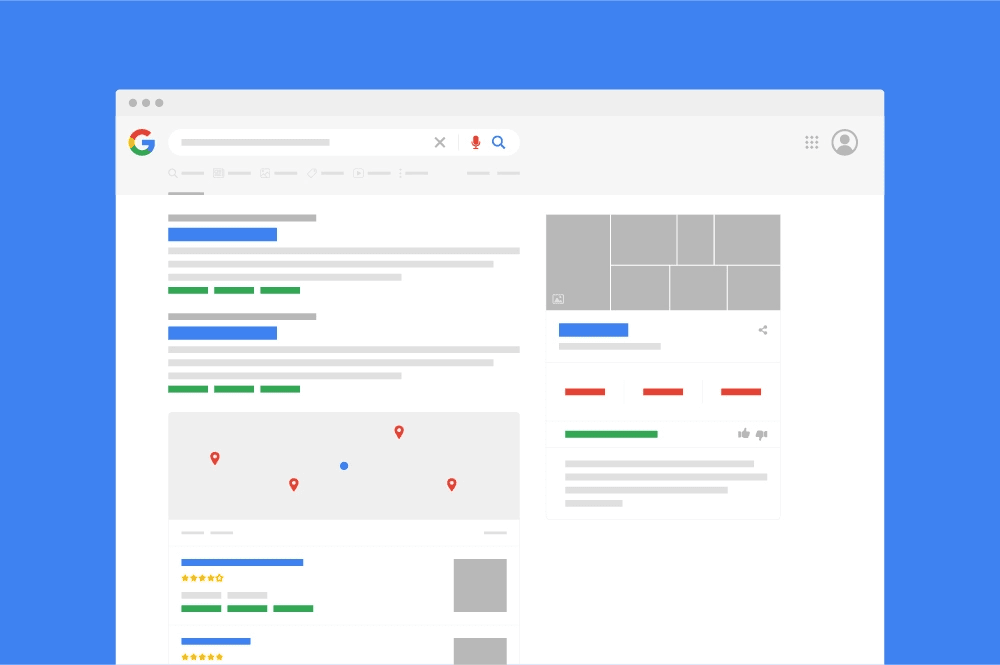
Programmatic SEO vs Traditional SEO

Ready-to-use Programmatic SEO Templates
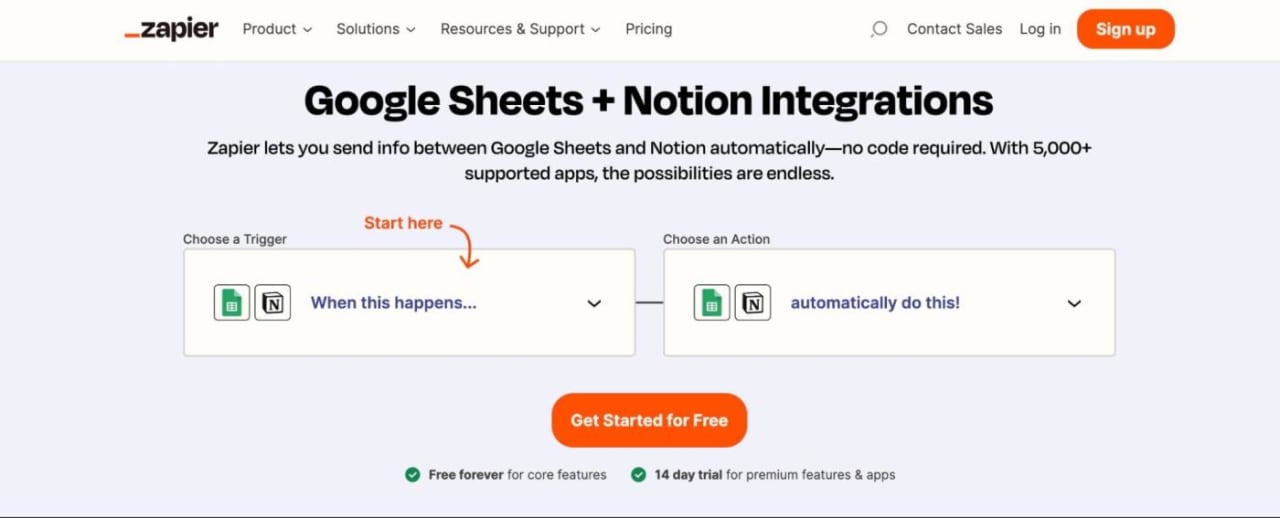
Top 100 Programmatic SEO Tools

Related Resources
Building a Programmatic SEO Directory for Personal Trainers
Launch your Software Platform and generate SEO traffic to increase your MRR and subscriptions

Getyourguide Travel Activities Data Set for Programmatic SEO
The dataset compiled includes publicly available data from Getyourguide.com, along with information about more than 50.000 acivities.
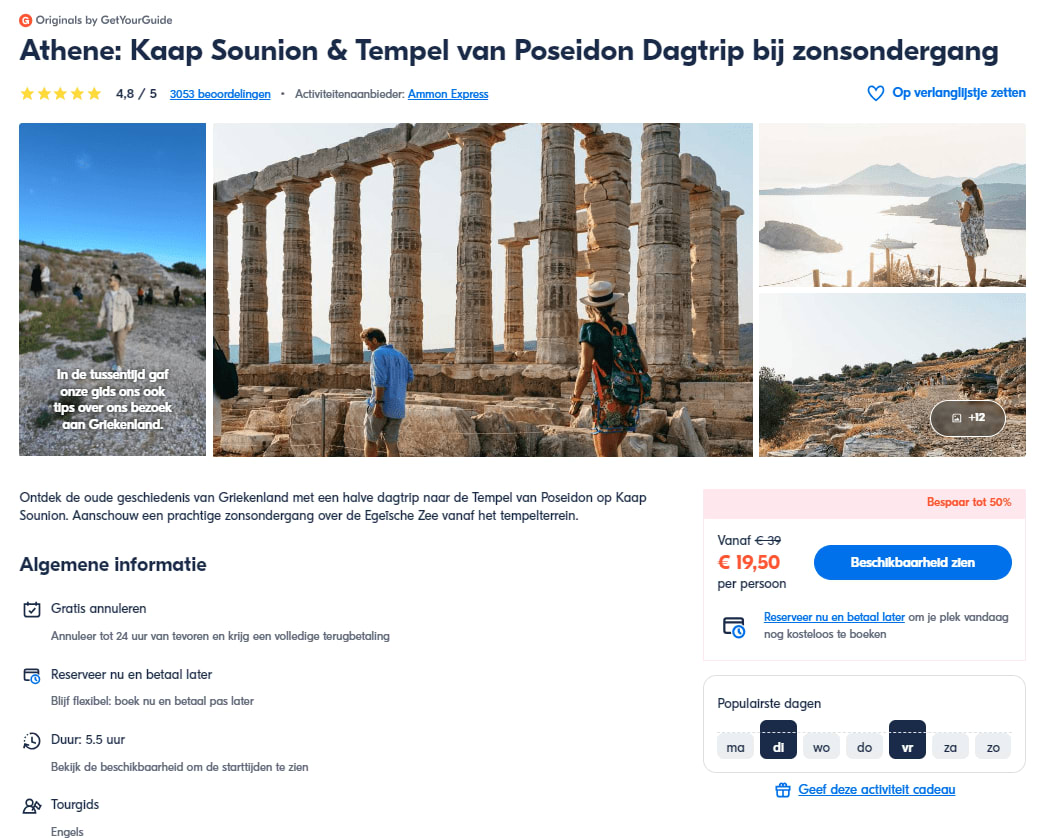
G2 Software Products Data Set for Programmatic SEO
The dataset compiled includes publicly available data from G2.com, along with information about more than 120,000 software products.
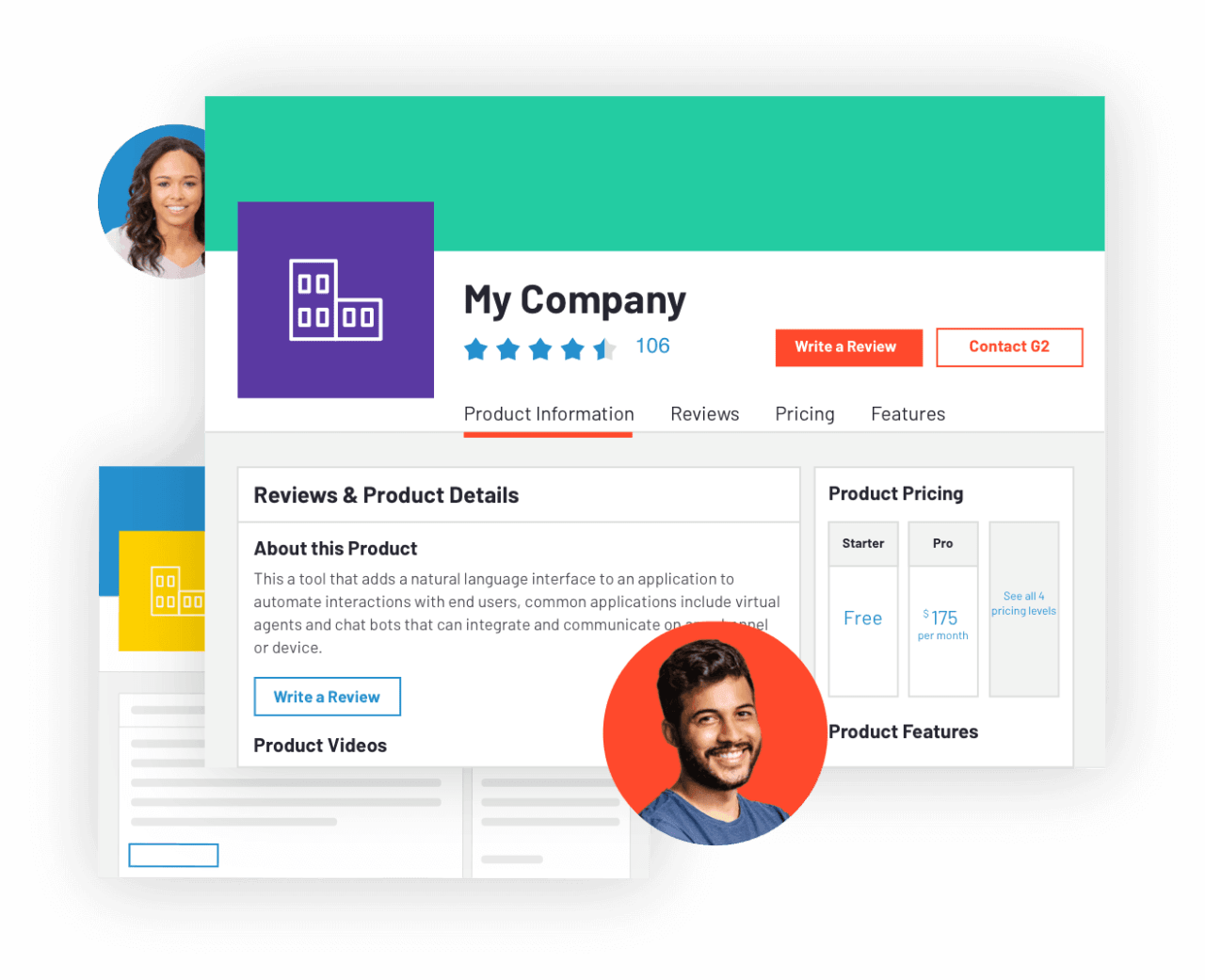
© 2026 – Programmatic SEO Builder